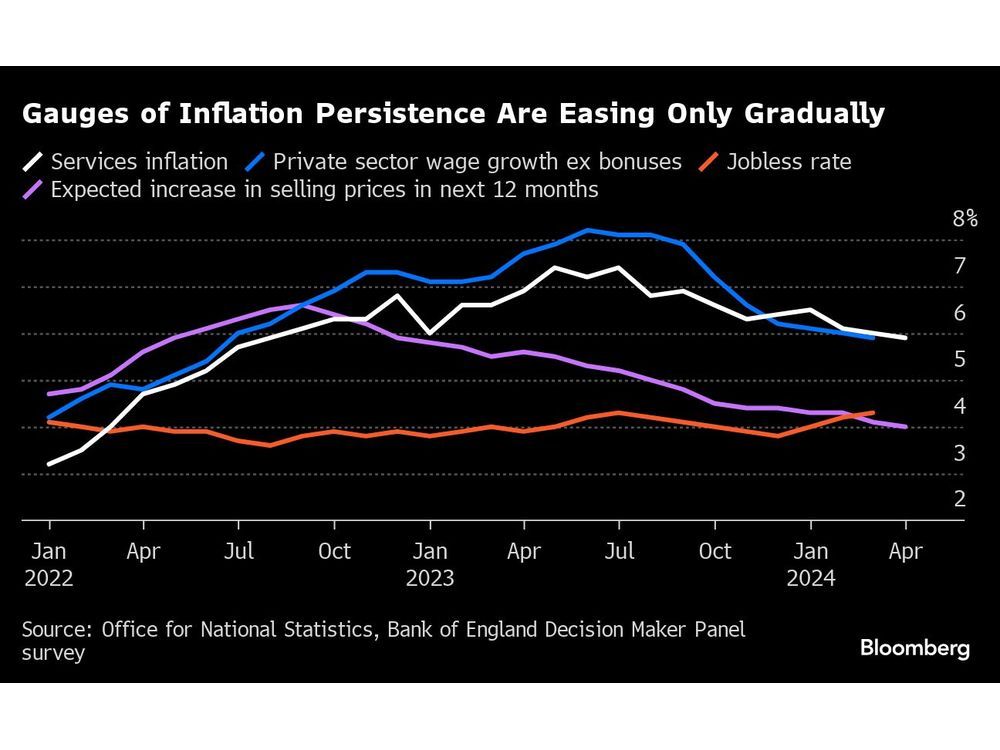Follow us on LinkedIn
When it comes to saving money, most people want to know how much interest they will earn on their deposited funds. This is a valid question, as it is important to understand the ins and outs of your financial transactions. In this blog post, we will break down the basics of how savings interest is calculated. We will cover topics such as annual percentage yield (APY), compound interest, and more.
What is a savings account?
A savings account is a type of bank account that allows you to save money. The funds deposited into a savings account are typically used for short-term purposes, such as saving up for a rainy day or for an upcoming expense. Savings accounts usually offer relatively low-interest rates, but this is still better than keeping your money under your mattress.
What is compound interest?
Compound interest is one of the most important concepts when it comes to savings accounts. This term refers to the fact that your deposited funds will earn interest not only on the original amount deposited but also on any accrued interest. In other words, compound interest allows you to earn interest on your interest. This can have a significant impact on your savings over time, so it is important to understand this concept.
How is savings interest calculated?
Now that we have covered the basics of savings accounts and compound interest, let’s take a closer look at how your deposited funds are actually earning interest. When it comes to calculating the interest on your deposited funds, there are two main factors that banks take into account: the annual percentage yield (APY) and the compounding frequency.
The APY is the amount of yearly interest that you can expect to earn on your deposited funds. This term takes into account the effect of compound interest, which we discussed earlier. APY is expressed as a percentage, and it is one of the most important factors to consider when choosing a savings account. The compounding frequency is the number of times per year that your deposited funds are compounded. This number can be either monthly, quarterly, or yearly.
Now that you understand these concepts, let’s take a look at an example. Suppose you have $1000 in a savings account that has an APY of 0.50%. This means that you can expect to earn 0.50% interest on your deposited funds each year. If the account compounds monthly, you will earn 0.0417% interest each month. This may not seem like a lot, but it can add up over time.
It is important to understand how savings interest is calculated in order to make the most of your deposited funds. By understanding the concepts of APY and compound interest, you can make informed decisions about where to save your money.
How Does Compound Interest Affect My Savings?
Compound interest can have a major impact on your savings account. This term refers to the way in which interest is earned on both the principal (the amount of money you have deposited into your account) and the accumulated interest. This means that your deposited funds can grow at a faster rate than if compound interest were not taken into account. In order to get the most out of compound interest, it is important to choose an account with a high APY.
What Else Should I Consider When Choosing a Savings Account?
When choosing a savings account, there are a number of other factors to consider. One important consideration is the minimum deposit required to open an account. Some accounts have no minimum deposit, while others require several thousand dollars. You also need to be aware of any fees that may be associated with the account. Finally, you should compare the APYs of different accounts to find the one that offers the best return on your deposited funds.
Closing thoughts
In conclusion, understanding how savings interest is calculated is important for anyone looking to save money. By taking into account annual percentage yield, compound interest, and other factors, you can make sure that you are getting the most out of
Further questions
What's your question? Ask it in the discussion forum
Have an answer to the questions below? Post it here or in the forum





Prime Minister Keir Starmer’s promise to “get Britain building again” will quickly face a shortage of skilled workers in the very industries he’s hoping will power the turnaround.